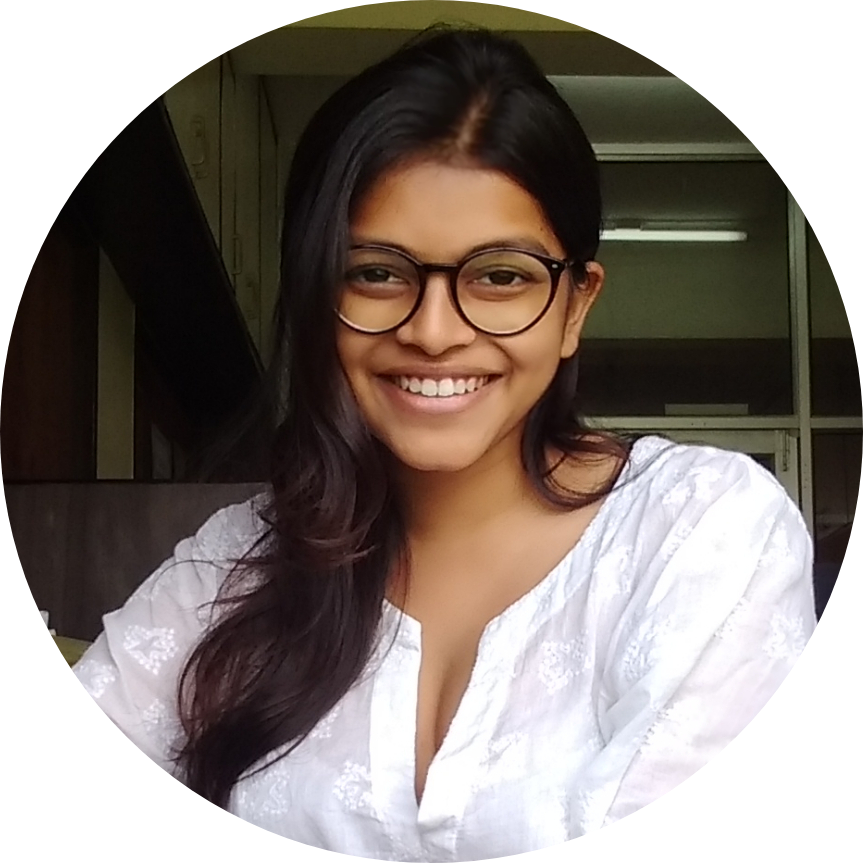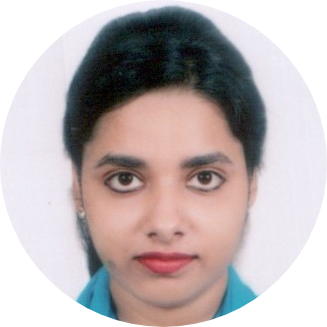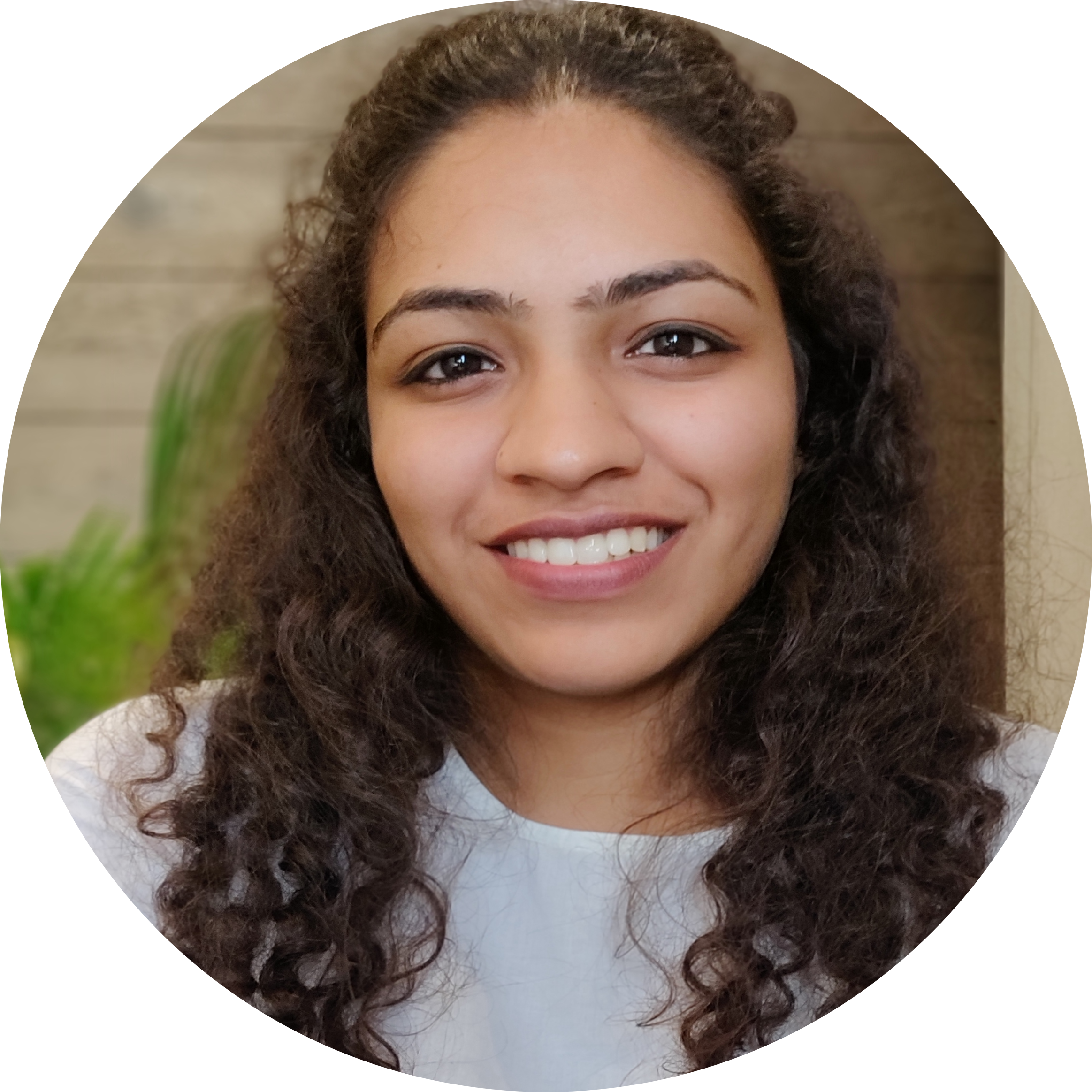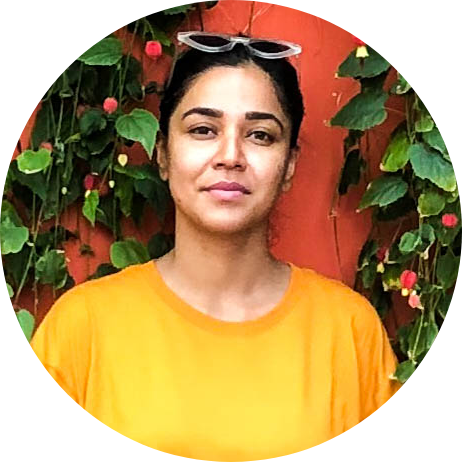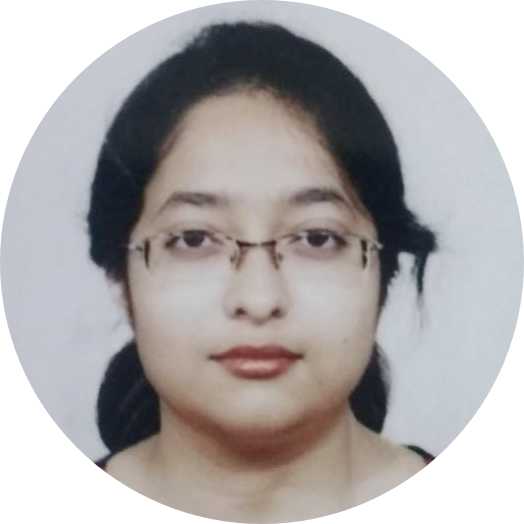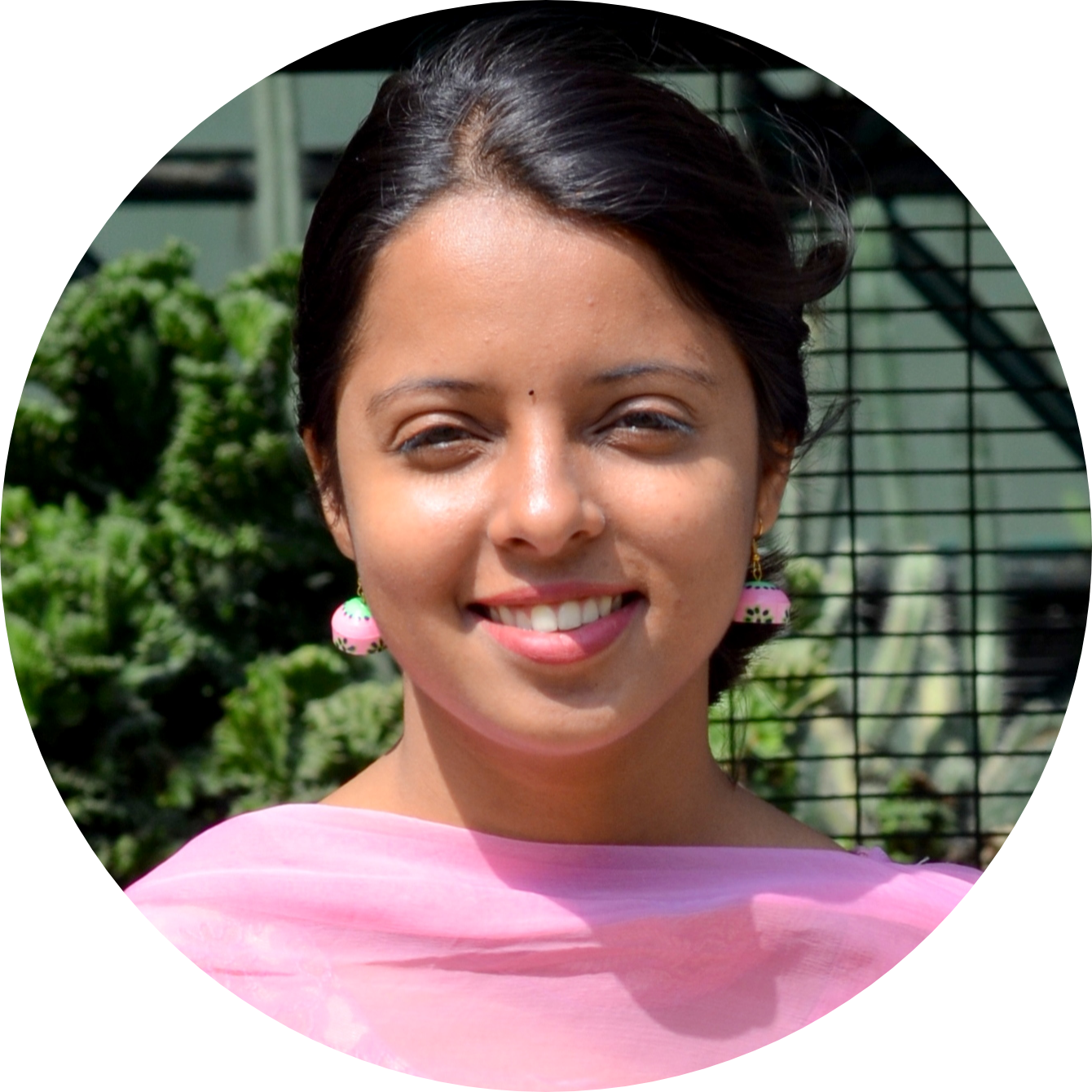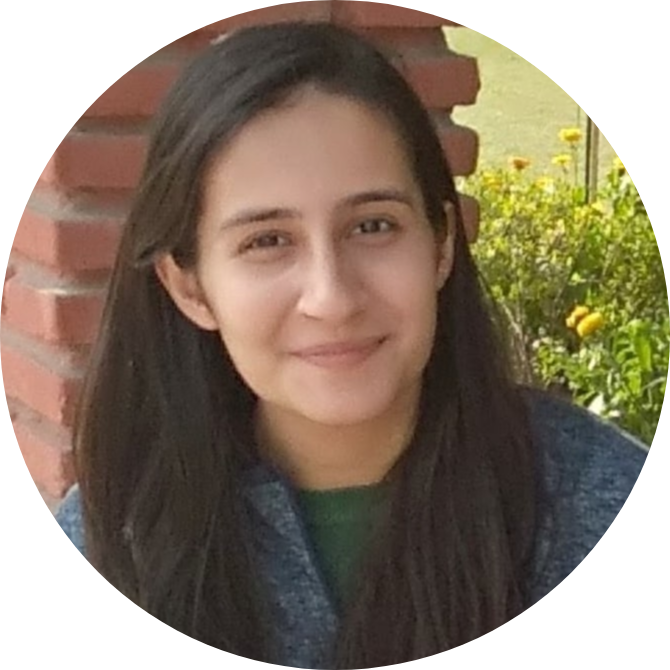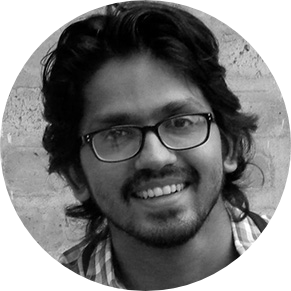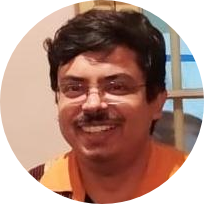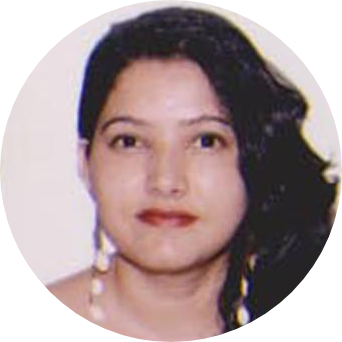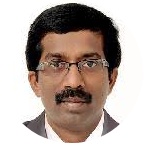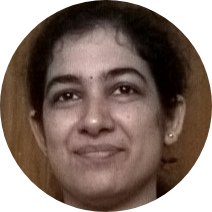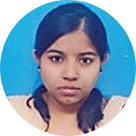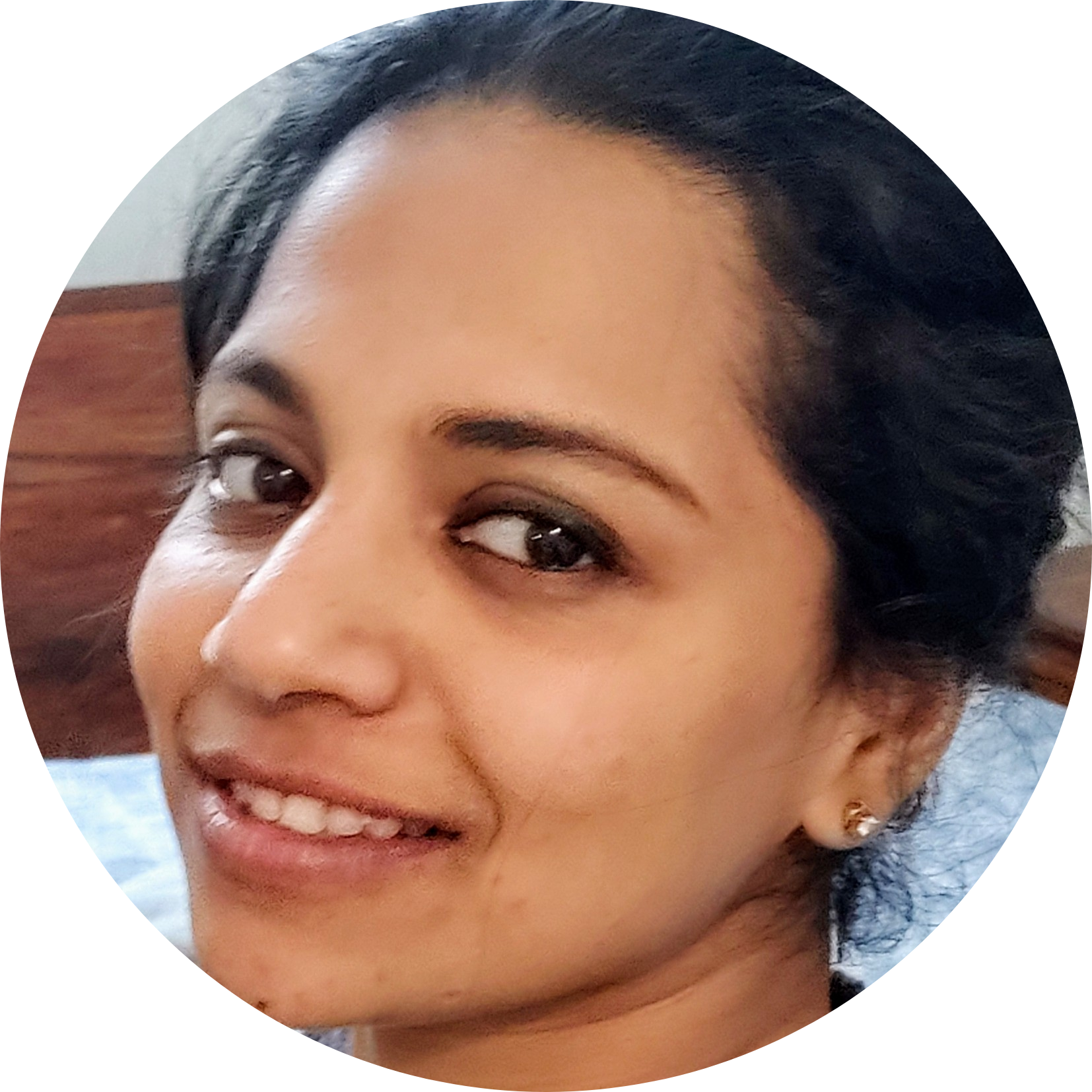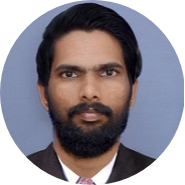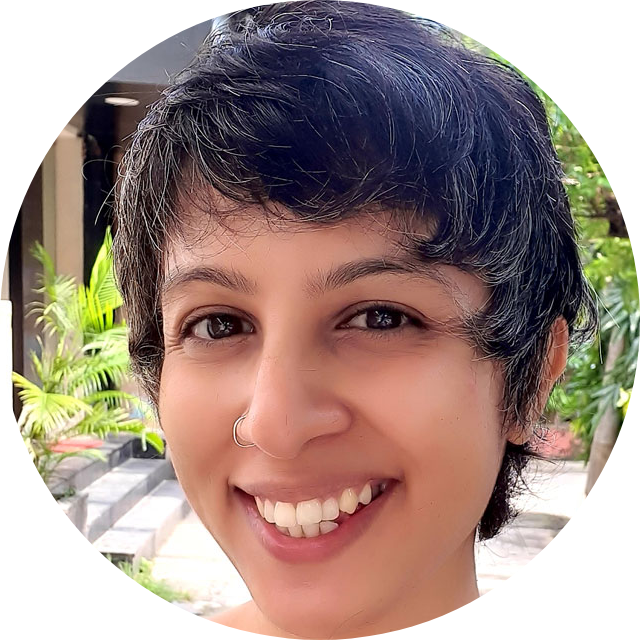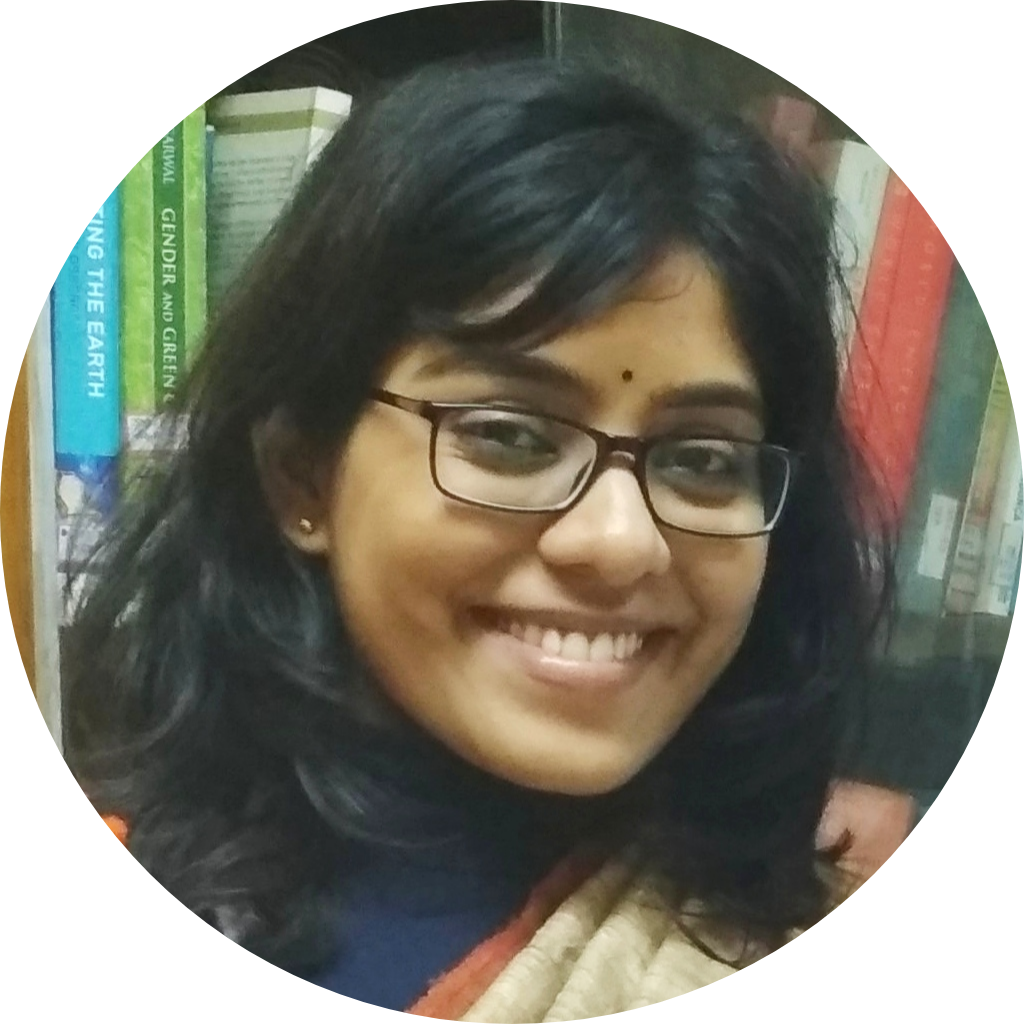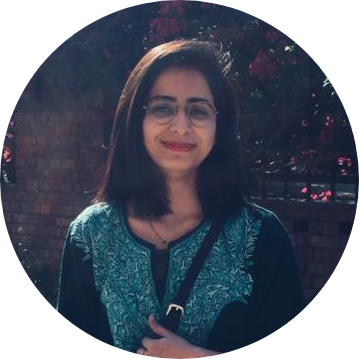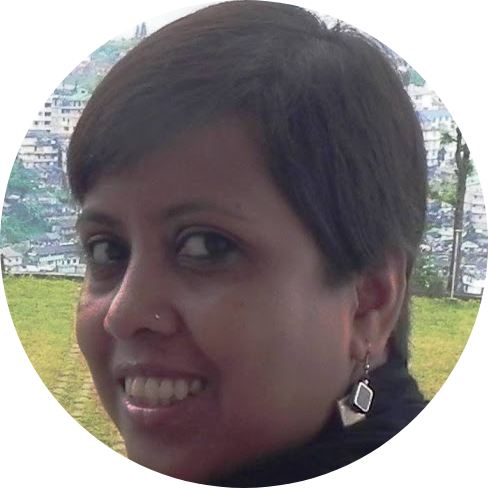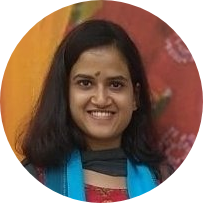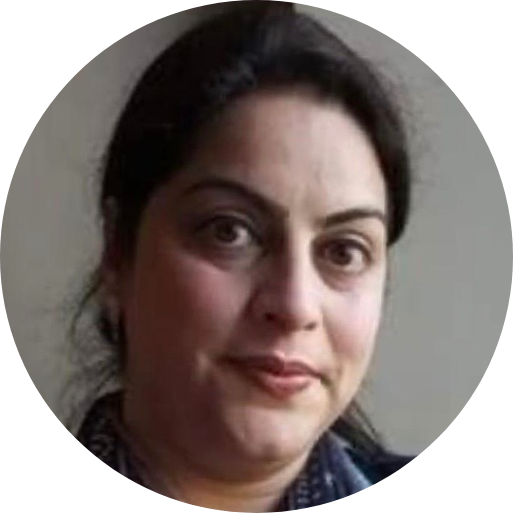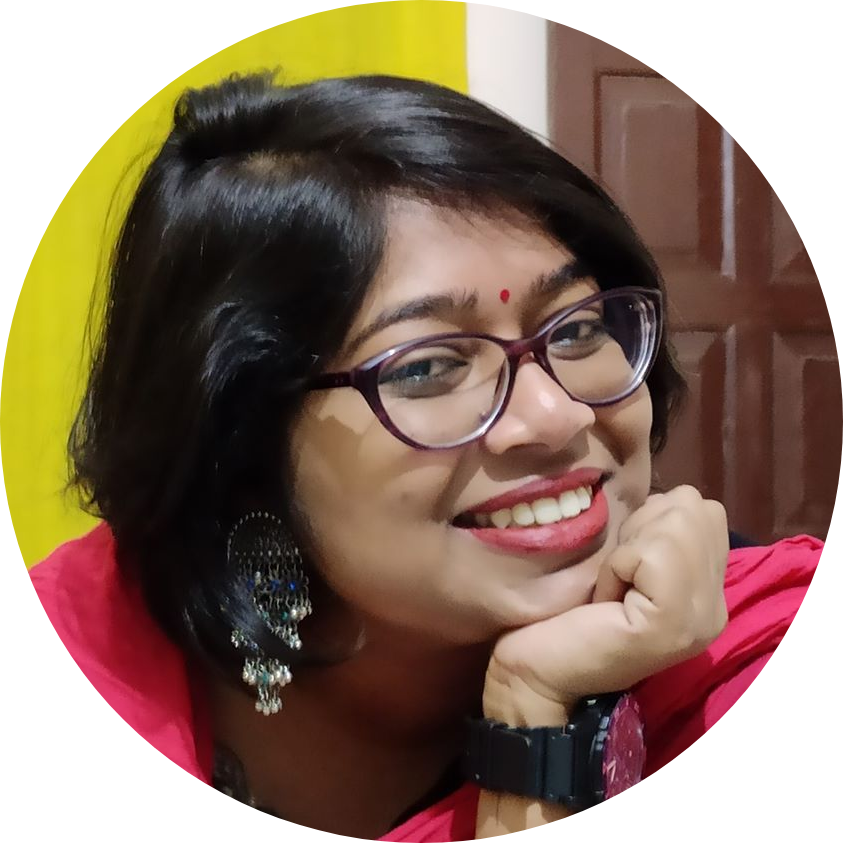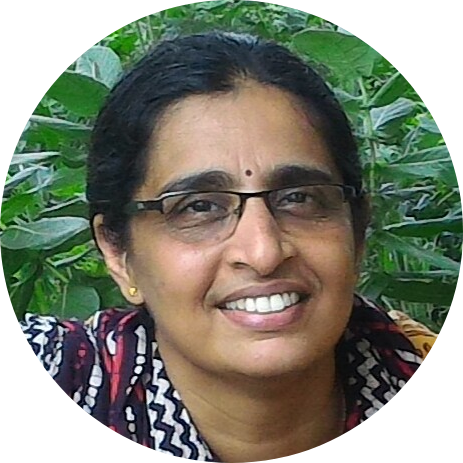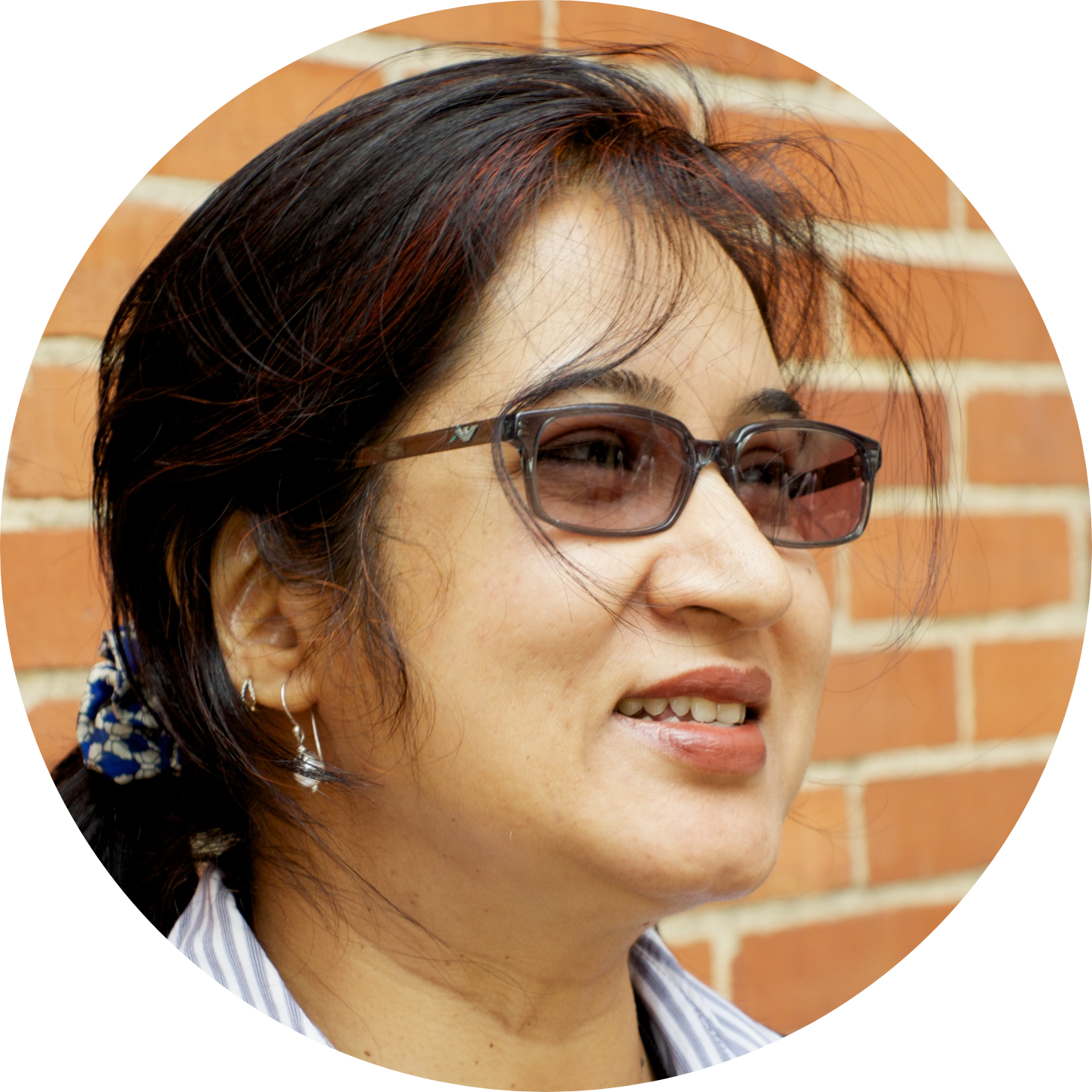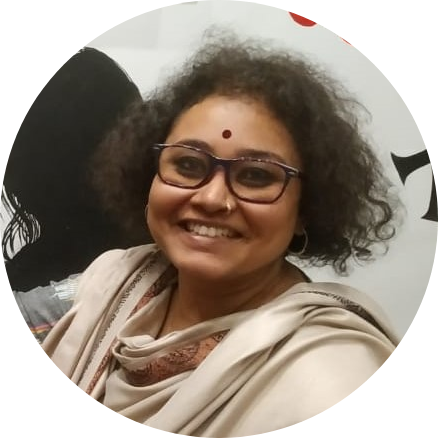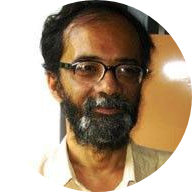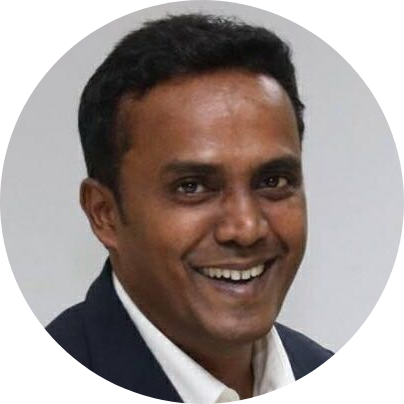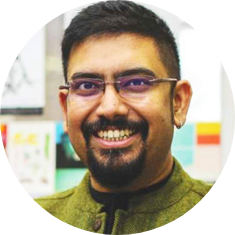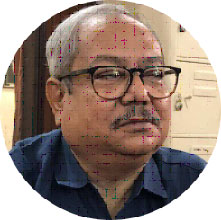|
|
Ranabir Samaddar,
Distinguished Chair Professor on Migration and Forced Migration Studies, Calcutta Research Group, Kolkata
Bionote:
Ranabir Samaddar belongs to the critical school of thinking and is considered as one of the foremost theorists in the field of migration and forced migration studies. He has worked extensively on issues of forced migration, the theory and practices of dialogue, nationalism and post-colonial statehood in South Asia, and new regimes of technological restructuring and labour control. The much-acclaimed The Politics of Dialogue was a culmination of his long work on justice, rights, and peace. His recent political writings published in the form of a two-volume account, The Materiality of Politics (2007), and The Emergence of the Political Subject (2009) have challenged some of the prevailing accounts of the birth of nationalism and the nation-state, and have signaled a new turn in critical postcolonial thinking. His co-authored work on new towns and new forms of accumulation Beyond Kolkata: Rajarhat and the Dystopia of Urban Imagination (Routledge, 2013) takes forward urban studies in the context of post-colonial capitalism.
|
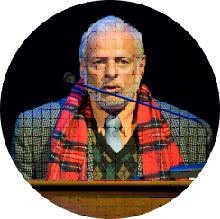 |
|
|
|
Ishita Dey ,
Assistant Professor , Department of Sociology , South Asian University, Delhi
Bionote:
Ishita Dey is an Assistant Professor at the Department of Sociology in South Asian University, Delhi. is a food anthropologist with an interest in food, labour studies and forced migration. She has an M.Phil. and a Ph.D. in Sociology from University of Delhi.
|
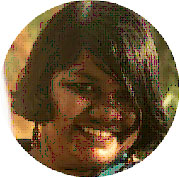 |
Abstract /
Full Paper |
|
|
Iman Mitra
,
Assistant Professor , Department of History , Shiv Nadar University
Bionote:
Iman Mitra is Assistant Professor in the Department of History at Shiv Nadar University. His research interests include History of the economic discipline; Economic History and Political Economy of South Asia; Urbanization, migration practices and the informal economy in South Asia; State and non-state networks of dissemination of economic knowledge, especially in colonial and postcolonial contexts; Relation between economic rationalities and governmental reason. His recent publications are Accumulation in Postcolonial Capitalism (Co-edited with Ranabir Samaddar and Samita Sen),2016; “Marx’s theory of Rent: A “Speculative” Reading” in Achin Chakraborty, Anjan Chakrabarti, Byasdeb Dasgupta and Samita Sen (eds.), 'Capital' in the East: Reflections on Marx, 2019.
|
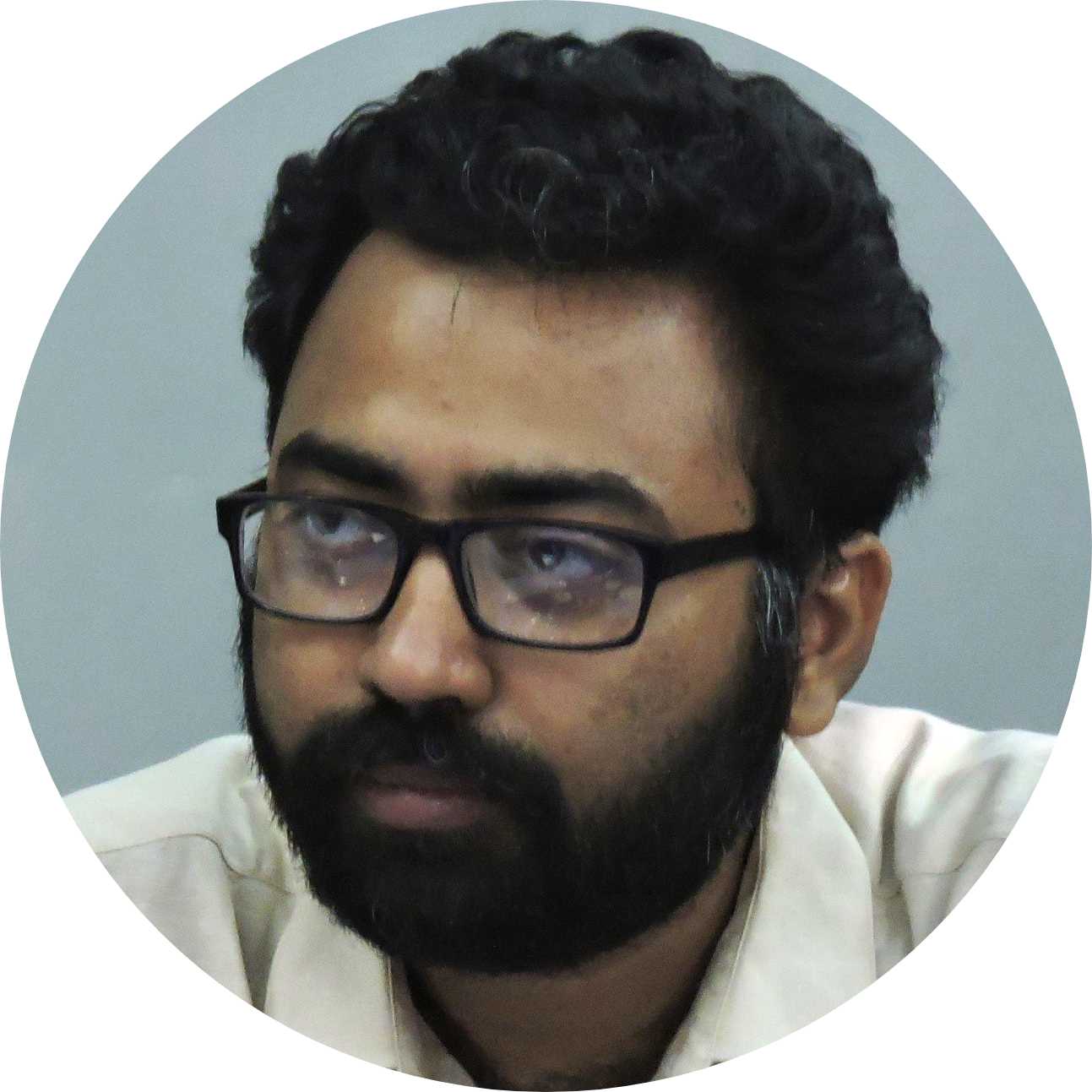 |
Abstract /
Full Paper |
|
|
Manish K Jha
,
Professor , Tata Institute of Social Sciences, Mumbai
Bionote:
Manish K Jha is a Professor at the Tata Institute of Social Sciences, Mumbai at the Centre for Community Organisation and Development Practice, School of Social Work. He had served as a faculty in the Department of Social work, University of Delhi from 1999 to 2003. In an academic career spanning over two decades of teaching and research on Social Policy, Social Action and Social Movement, Rural society and State, Community Organization and Development Practice, etc., Prof Jha has had the opportunity to engage with students, academicians, development professionals, leaders of multilateral and non-profit organization across different parts of country and abroad. He has extensive engagement with post-disaster relief and rehabilitation intervention.
|
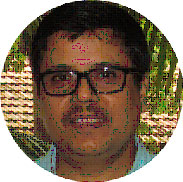 |
Abstract /
Full Paper |
|
|
Mouleshri Vyas
,
Professor , Tata Institute of Social Sciences, Mumbai
Bionote:
Mouleshri Vyas is a Professor at the Tata Institute of Social Sciences, Mumbai at the Centre for Community Organisation and Development Practices. She has a Bachelor of Arts degree in Economics from Mumbai University, Master of Arts in Social Work (with Specialisation in Urban and Rural Community Development) from TISS, Mumbai, and PhD in Sociology from Mumbai University.
|
 |
Abstract /
Full Paper |
|
|
Paula Banerjee,
Professor, University of Calcutta
Bionote:
Paula Banerjee is a professor at the University of Calcutta and a member of the Calcutta Research Group. She is best known for her work on women in borderlands and women and forced migration. She is also the President of International Association For Studies in Forced Migration. She served as the Vice-Chancellor of the Sanskrit College and University. Winner of many awards and accolades, in 2013 she was awarded the Distinguished Fulbright SIR Award and a Visiting Professorship to SUNY, Oswego. Acknowledged as a radical and prolific speaker she has delivered lectures in all five continents. She has been a visiting professor in a number of universities including Helsinki University (Finland), Yunnan University (China) University of Paris 7 (France) and New School, New York (USA) and others.
|
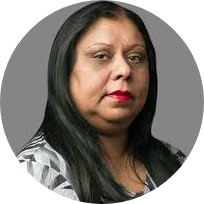 |
Abstract
/ |
|
|
Sara Hossain,
Honorary Executive Director, Bangladesh Legal Aid and Services Trust, Dhaka
Bionote:
Sara Hossain is a barrister practicing in the Supreme Court of Bangladesh, mainly in the areas of constitutional, public interest and family law. She is a partner at the law firm of Dr. Kamal Hossain and Associates, and currently serves pro bono as the Honorary Executive Director of Bangladesh Legal Aid and Services Trust. She earlier ran the South Asia Program at INTERIGHTS from 1997 to 2003, and was a founding board member of the South Asia Women’s Fund. Sara’s most significant public interest litigation on women’s rights before the Supreme Court of Bangladesh includes challenging ‘fatwa’ violence (degrading punishments being imposed on women and girls accused of violating community norms on sexuality), ‘forced veiling’ and the use of the ‘two finger test’ as a form of medical evidence collection. She also provided amicus/ third party briefs for constitutional litigation before the Supreme Court of Nepal in a case challenging marital rape as discrimination, and before the European Court of Human Rights challenging the requirement of proof of force to establish rape (MC v Bulgaria). She has previously received awards from the Lawyers Committee for Human Rights (now Human Rights First), Ananya, and the US State Department (Women of Courage).
|
 |
|
|
|
Naiyana Thanawattho,
Programming, and policy advocacy at Asylum Access in Thailand (AAT)
Bionote:
Naiyana Thanawattho oversees overall operations, programming, and policy advocacy at Asylum Access in Thailand (AAT), with the goal to make refugee rights a reality for refugees and asylum seekers in Thailand. Currently Naiyana works closely with refugee networks on alternatives to detention for asylum seekers and refugee children and advocates the government to enact the National Screening Mechanism so refugees can be recognized and receive protection. Naiyana joined AAT in January 2019. Prior to joining AAT, she worked in the child protection thematic area for over 12 years in both development and humanitarian roles with UNICEF, UNHCR, and Save the Children. While at UNHCR, Naiyana led Best Interest Determination processes for refugee children in 9 refugee camps along the Thai-Myanmar border. As a Child Protection Specialist, she provided child protection technical support to the program implementation team at Save the Children. Naiyana was deployed as both M&E Manager and Child Protection Specialist on Save the Children’s humanitarian team in Nepal, Mongolia and Sri Lanka. Naiyana holds a Master’s Degree in Women Studies from Thammasat University in Bangkok and a certificate from the Human Rights Education Associates’ online course on Data Collection and Analysis for Monitoring and Evaluation.
|
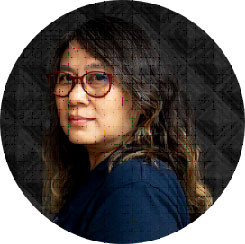 |
|
|
|
Maalini Ramalo,
Director of DHRRA Malaysia
Bionote:
Maalini Ramalo is the Director of DHRRA Malaysia, a Malaysian NGO which has been working to address statelessness in Malaysia since 2007. This included a project with UNHCR from 2014 to 2016 which mapped and supported affected populations in Peninsular Malaysia to acquire or confirm Malaysian citizenship. As DHRRA Malaysia’s Director Maalini is responsible for overseeing the development and implementation of the organisation’s strategic planning and activities. Her roles with SNAP and DHRRA Malaysia rely on her widely acknowledged ability to build and strengthen relationships with a range of stakeholders, including UN agencies, government representatives, NGOs and affected communities.
|
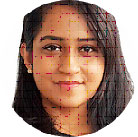 |
|
|
|
Dogus Simsek
,
Social anthropologist and Honorary Research Fellow at the Office of Vice-Provost for Research at University College London (UCL)
Bionote:
Dogus Simsek is a social anthropologist and currently an Honorary Research Fellow at the Office of Vice-Provost for Research at University College London (UCL). She received her PhD in Sociology from University of London, City. Her research explores the intersections between race, gender and generation in the context of migration with a particular focus on Turkey, the Middle East and Europe from an innovative, interdisciplinary and transnational approach; and critically engages with, and contributes to, the literature on migration and refugee studies which is always situated within the wider context of social anthropology and sociology. Her research interests broadly cover transnational migration, refugee studies, race and racism, gender and migration and second generation’s identity.
|
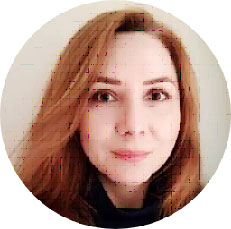 |
Abstract
/
Full Paper |
|
|
Neda Deneva-Faje,
Senior researcher at University Babes-Bolyai
Bionote:
Neda Deneva-Faje is a senior researcher at
University Babes-Bolyai, Romania within a project on Roma precarious
labor and peripheral housing in the context of changing industrial
relations and uneven territorial development. She holds a PhD in
sociology and social anthropology from the Central European University.
Her dissertation was an ethnography of Bulgarian Muslim migrants in
Spain and the reconfigurations of citizenship by everyday acts, claims
and struggles within EU regimes of mobility, labour and welfare. Her
research has covered the topics of transnational migration, labour
transformations and new work regimes, social citizenship and relations
with the state, care work, and minority-state relations in Eastern
Europe.
|
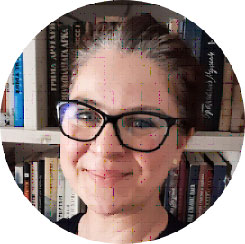 |
Abstract
/
Full Paper |
|
|
Mert Koçak
,
PhD candidate in Sociology and Social Anthropology at Central European University
Bionote:
Mert Koçak is a PhD candidate in Sociology and Social Anthropology at Central European University. He was a Pontica Magna fellow at New Europe College, Institute for Advanced Studies between September 2019 and July 2020. He holds a MSc degree in Human Rights from London School of Economics and Political Science. He also holds a MA degree in Gender Studies from CEU. His areas of specialization are transnational migration studies, refugee studies, migration industries, NGOization of migration, anthropology of policy, law and bureaucracy, queer migration studies, queer refugees, and legalization and bureaucratization of gender.
|
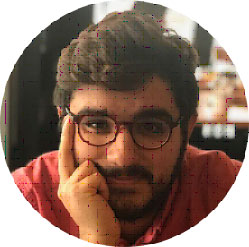 |
Abstract
/
|
|
|
Sumona Dasgupta,
Independent Researcher, New Delhi and Member Calcutta Research Group Kolkata
Bionote:
Sumona Dasgupta is a political scientist,
researcher and independent consultant and is also a Senior Visiting
Fellow with Participatory Research in Asia (PRIA). She is a Member of
Calcutta Research Group, Kolkata, and the Chair of International
Advisory Group at International Conflict Research Institute, University
of Ulster in Northern Ireland. She has written extensively on conflict
transformation, critical security studies, governance and politics in
South Asia, particularly on Jammu and Kashmir and gender issues as a
crosscutting theme. Dr. DasGupta was a Visiting Fellow at the Rajaratnam
School of International Studies and Nanyang Technological University,
Singapore in 2014 and Lead Researcher for Participatory Research in Asia
on the European Union Research Project on Cultures of Governance and
Conflict Resolution in Europe and India. Previously, she served as
Assistant Director at Women in Security, Conflict Management and Peace (WISCOMP).
|
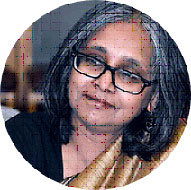 |
|
|
|
Rajesh Kharat,
Dean of Humanities and Social Sciences University of Mumbai and Member Calcutta Research Group, Kolkata
Bionote:
Shrikrishna Kharat is the Dean of Humanities at the University of Mumbai. He is a member of Calcutta Research Group Kolkata and a well known expert on politics and international relations. He was a professor at the Centre for South Asian Studies, School of International Relations, Jawaharlal Nehru University. His areas of interest include study of Himalayan states of South Asia (Bhutan and Nepal), and other contemporary issues like forced migration, terrorism and regional cooperation.
|
 |
|
|
|
Biswajit Mohanty
,
Associate Professor, Department of Political Science, Deshbandhu College, University of Delhi
Bionote:
Biswajit Mohanty is Associate Professor in the Department of Political Science, Deshbandhu College, University of Delhi and co-ordinator of NES 2009. He has completed his doctoral research on politics of rehabilitation with the Indravati hydroelectric project in Orissa. His well known research work was Nationalism and Refugeehood of Rohingyas in Southern Asia.
|
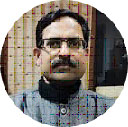 |
Abstract
/
|
|
|
Rajat Roy,
Researcher,Calcutta Research Group
Bionote:
Rajat Roy is a researcher at the Calcutta Research Group. Beside working as a professional journalist, first as full time, and now as freelancer, he has also been regularly delving into research work under the aegis of CRG. He has co-edited a book titled ‘Political Ecology of Survival’ (Orient Black Swan) with Madhurilata Basu and Ranabir Samaddar. Other than writing numerous articles for various newspapers and magazines on current affairs, he has contributed to Economic & Political Weekly, SEMINAR and other journals. He is also a reviewer of manuscripts for Orient Black Swan.
|
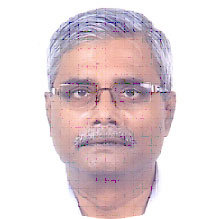 |
Abstract
/
|
|
|
Nergis Canefe,
Associate Professor , Centre for Refugee Studies Osgoode Hall Law School
Bionote:
Nergis Canefe is Associate Professor at the Centre for Refugee Studies Osgoode Hall Law School. She is a scholar trained in the fields of Political Philosophy, Forced Migration Studies and International Public Law with special focus on Human Rights and state-society relations. She has over twenty years of experience in carrying out in-depth qualitative research with displaced communities and teaching human rights and public law globally. Her research experience includes working with the Muslim and Jewish Diasporas in Europe and North America, refugees and displaced peoples in Turkey, Cyprus, India, Uganda, South Africa, Bosnia and Colombia. She worked as the Associate Director of Center for Refugee Studies, York University between 2008-2013. Currently she is an executive committee member of the IASFM (international association for the study of forced migration).
|
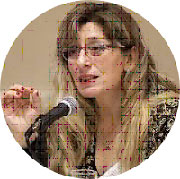 |
Abstract
/
|
|
|
Muge Dalkıran (Alexandridis),
PhD candidate ,Middle East Technical University (METU) in Ankara
Bionote:
Muge Dalkıran (Alexandridis) is currently a PhD candidate in Area Studies (Europe) at Middle East Technical University (METU) in Ankara. She was a visiting doctoral researcher at the Institute of International Relations in Athens (Idis) between October 2019 and January 2020. She holds a BA degree in International Relations from Galatasaray University and a MA in Human Rights Law from Bilgi University. She studied as an exchange student at Sciences Po Grenoble in 2010. She contributed to the Al-Sharq Forum Migration Series as an associate fellow. She also took part in the SSHRC project on “Migrants, Refugees, and the International State System” as an Istanbul-based researcher for the Global Political Trends Center in collaboration with the University of Toronto. Since 2016, she has been doing research on refugee rights and asylum systems in both Greece and Turkey.
|
 |
Abstract
/
Full Paper |
|
|
Gonca Savas Dogan
Bionote:
Gonca Savas Dogan is an experienced humanitarian aid specialist with a history of working in the UN and non-profit organizations of UNHCR, Internatio- nal Rescue Committee, CARE International, Norwegian Refugee Council and UN World Food Programme in Turkey since 2011. She holds a MA in Democracy and Human Rights in South East Europe from the University of Bologna and the University of Sarajevo and a BA in International Relations from Hacettepe University in Turkey.
|
 |
Abstract
/
Full Paper |
|
|
Meric Caglar,
PhD candidate , Central European University
Bionote:
Meric Caglar is a PhD candidate (a.b.d) in Gender Studies at Central European University. She completed her MAs at Rovira i Virgili (Mediter- ranean Relations) and Pompeu Fabra (Migration Management) Universities in Spain, and worked at Migration Research Center at Koç University (MiReKoc) Istanbul, as a coordinator and a researcher. Currently, she is a visiting researcher at the Faculty of Sociology at Bielefeld University working on her PhD project ‘Assessing the Hierarchy of Deser- vingness Through Vulnerability: Refugee Women Under International Protection in Turkey”. Her research interests lie in the area of; gender and asylum, intersectionality in migration studies, refugee protection and integration in Turkey, migrant deservingness.
|
 |
Abstract
/
Full Paper |
|
|
Sabyasachi Basu Ray Chaudhury,
Vice-Chancellor, Rabindra Bharati University, Kolkata and Member Calcutta Research Group, Kolkata
Bionote:
Sabyasachi Basu Ray Chaudhury is the Vice-Chancellor of Rabindra Bharati University and a member of the Calcutta Research Group. His areas of interest include South Asian studies, in particular, politics of globalisation, democracy, development, displacement, human rights and justice in South Asia. He is among the few experts on the Andaman and Nicobar Islands that India has. He is a regular contributor to academic journals, periodicals, dailies, news channels and portals. His recent publications include: The Rohingya in South Asia: People Without a State (co-authored with Ranabir Samaddar), Routledge, New York, 2018; Indian Autonomies: Key Words and Key Texts, (co-edited with Ranabir Samaddar and Samir Kumar Das), Sampark, Kolkata, 2005; Internal Displacement in South Asia: The Relevance of UN’s Guiding Principles, (co-edited with Paula Banerjee and Samir Kumar Das), Sage Publications, New Delhi, 2005.
|
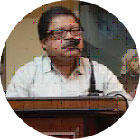 |
Abstract
/
|
|
|
Shibasis Chatterjee
,
Professor of International Relations, Jadavpur University, Kolkata
Bionote:
Shibasis Chatterjee is Professor of International Relations, Jadavpur University, Kolkata. He holds PhD degree from Jadavpur University, Kolkata, for his dissertation on “The Role of Structure and Agency in Indian Foreign Policy”. His recent publication is: India’s Spatial Imaginations of South Asia: Power, Commerce, and Community (Oxford International Relations in South Asia), Oxford University Press, New Delhi, 2019. Upcoming publication: Peace and Conflict Studies: Perspectives from South Asia (Contemporary Issues in Social Science Research), August 2020.
|
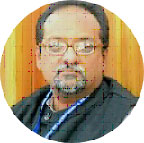 |
Abstract
/
Full Paper |
|
|
Anamika Priyadarshini,
International Development from Cornell University
Bionote:
Anamika Priyadarshini did her Masters in International Development from Cornell University and PhD in Global Gender Studies from the State University of New York (SUNY) at Buffalo. She hails from Bihar. She has taught undergraduate courses of GGS at SUNY Buffalo and masters courses at the Centre for Development Studies, Central University of South Bihar. She also taught short term courses while working with TISS (Tata Institute of Social Sciences) Patna Centre and as a guest faculty at the Development Management Institute, Patna. Anamika has worked with national and international organizations and academic institutions as an academic and development professional. She has led several research projects and has published articles in reputed journals like Brill, EPW and Social Change. She is recipient of several prestigious international awards, including Margaret McNamara Foundation Fellowship, Ford Foundation Fellowship, SUNY’s Doctoral Fellowship and College Fellowship.
|
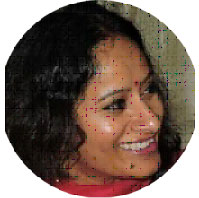 |
|
|
|
Gopal Krishna,
Independent Researcher
Bionote: Gopal Krishna is a researcher on the subject of justice, inter state migrant workers and the role of myriad forms of data and narratives. He formally studied literature, philosophy, journalism, public health, and law. He is a lawyer, and has been a science journalist. He did his Masters in Law. He did Doctoral Thesis on corporate crimes and the accountability of public institutions from JNU. He is a Fellow of International Research Group on Authoritarianism and Counter- Strategies (IRGAC), Germany. He has been writing on the subject of war on the ecosystem and status of migrant workers in hazardous asbestos and ship breaking industries. He has been writing in publications like Mainstream, The Tribune, Business Today, Tehelka, Outlook, Rediff.com, livelaw.in, Moneylife.in, Hindustan Times, The Hindu, Samayantar, Yathavat, Tadbhav, and Prabhat Khabar. He co-authored Disputes Over Ganga, Kosi Deluge: The Worst is Still to Come, The Return of the Giants, and The Omnishambles of UID. He is a member of the National Steering Committee of Nation for Farmers, a forum of non-farmers to support over 200 farmers’ organizations. He is also the editor of the ToxicsWatch Journal. He has appeared before Indian, European, and German parliamentary committees, Supreme Court committees, and UN conferences. He has been visiting faculty at international, national universities and training institutes on the subject of law and public policies.
|
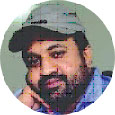 |
|
|
|
Nasiruddin Haider Khan,
Independent Journalist
Bionote:
Nasiruddin Haider Khan is a well known Journalist, Researcher, and Grassroot Communicator with special interest in Digital Media, Gender Justice, Masculinity, Social Justice, and Design. He has earlier worked with the Hindustan as Resident Editor of Delhi and Agra and Digital Editor/ Head of livelindustan.org. He was also awarded the Fellowship Leadership Development (FLD) by the MacArthur Foundation.
|
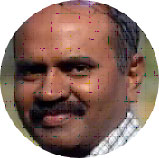 |
|
|
|
Shreya Ghosh,
PhD candidate,Jawaharlal Nehru University
Bionote:
Shreya Ghosh is a PhD candidate at Jawaharlal Nehru University. She is also associated with the Migrant Workers Solidarity Network, New Delhi.
|
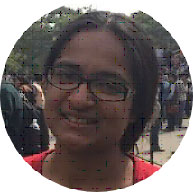 |
|
|
|
Luiza Bialasiewicz,
Professor of European Governance
, University of Amsterdam
Bionote:
Luiza Bialasiewicz is the Professor of European Governance at the University of Amsterdam. She is a political geographer and Professor of European Governance in the Department of European Studies. She has been a Visiting Professor at the College of Europe, Natolin since 2013, where she teaches an annual course on European Geopolitics. Her research examines the political geographies of European foreign policy and EU geopolitics, with particular attention to the geopolitics of the EU's migration management at the Union's external borders and beyond. Her most recent work investigates how broader geopolitical concerns 'touch-down' in domestic politics, with a focus on Far-Right and Nativist movements and parties.
|
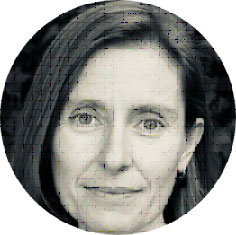 |
|
|
|
Alessandro Monsutti
,
Professor of Anthropology and Sociology , Graduate Institute of Geneva
Bionote: Alessandro Monsutti is the Professor of Anthropology and Sociology at the Graduate Institute of Geneva. He has been Research Fellow at the School of Oriental and African Studies (1999-2000) and Yale University (2008-2010), Grantee of the MacArthur Foundation (2004-2006), and Visiting Professor at the University of Vienna (2012) and Arizona State University (2014). He is also Research Associate at the Refugee Studies Centre (University of Oxford). In addition, he has worked as a consultant for several international and nongovernmental organisations such as UNHCR. Alessandro Monsutti has conducted multi-sited research since the mid-1990s in Afghanistan, Pakistan and Iran to study the modes of solidarity and cooperation mobilised in a situation of conflict and forced migration. He has subsequently broadened the geographical scope of his research to include members of the Afghan diaspora living in Western countries. This led him to analyse war and post-conflict reconstruction in the light of the social networks and economic strategies developed by refugees and migrants, and – more generally – to address theoretical and methodological issues related to globalisation. Among his current research interests: the political economy of reconstruction in Afghanistan as an example of emerging forms of sovereignty and global governance; asylum seekers and refugees in Europe; migrants and non-migrants in urban neighborhoods; the changing nature of borderlands in Europe and South Asia.
|
 |
|
|
|
Thomas Alexander Aleinikoff
,
University Professor of the New School, New York
Bionote:
Thomas Alexander Aleinikoff is University Professor of the New School, New York. He has served as Director of the Zolberg Institute on Migration and Mobility since January 2017. He received a J.D. from the Yale Law School and a B.A. from Swarthmore College. He has written widely in the areas of immigration and refugee law and policy, transnational law, citizenship, race, and constitutional law. He is currently at work on a book tentatively titled, The Arc of Protection: Reforming the International Refugee Regime. His book Semblances of Sovereignty: The Constitution, the State, and American Citizenship was published by Harvard University Press in 2002. Alex is a co-author of leading legal casebooks on immigration law and forced migration. Before coming to The New School, Alex served as United Nations Deputy High Commissioner for Refugees (2010-15) and was a professor at Georgetown University Law Center, where he also served as dean and Executive Vice President of Georgetown University. He was co-chair of the Immigration Task Force for President Barack Obama’s transition team in 2008. From 1994 to 1997, he served as the general counsel, and then executive associate commissioner for programs, at the Immigration and Naturalization Service (INS).
|
 |
|
|
|
Jakob Littmann
,
Resident Representative at the Rosa Luxemburg Stiftung, India Office
Bionote:
Jakob Littmann is the Resident Representative at the Rosa Luxemburg Stiftung, India Office
|
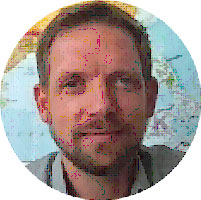 |
|
|
|
Ayse Caglar,
University Professor of Social and Cultural Anthropology Vienna University and a Permanent Fellow at IWM
Bionote:
Ayse Caglar is the University Professor of Social and Cultural Studies Anthropology Vienna University and a Permanent Fellow at IWM. She received her PhD at McGill University, Department of Anthropology and Habilitation in Sociology and Social Anthropology at Free University, Berlin. She has held visiting professorships in several universities including Stockholm University, IHS Vienna, Central European University, Budapest, Donauuniversität Krems, and Ethnologisches Seminar Zürich. She was a Jean Monnet Fellow at the European University Institute (IUE), Florence. She has widely published on processes of migration, urban restructuring, transnationalization and the state, and of disposession and displacement. Her most recent comparative empirical research addressed the location of migrants in city-making processes especially in disempowered cities. Her publications include Urbaner Protest: Revolte in der neoliberalen Stadt. Passagen Verlag. 2019; Migrants and City Making: Dispossession, Displacement, and Urban Regeneration (co‐authored with Nina Glick Schiller), Duke University Press, 2018; and Locating Migration: Rescaling Cities and Migrants, co‐edited by Nina Glick Schiller. Ithaca: Cornell University Press, 2018.
|
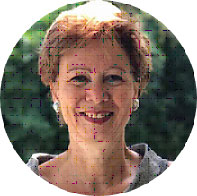 |
|
|
|
Shalini Randeria,
Professor of Social Anthropology and Sociology at the Graduate Institute
Bionote:
Shalini Randeria is Professor of Social Anthropology and Sociology at the Graduate Institute, a position she has held since autumn 2012. She was Research Director of the Graduate Institute (Jan. 2015- Dec. 2016) and is also Rector of the Institute of Human Sciences (IWM), Vienna, since January 2015. She is Visiting Professor at the Social Science Research Centre Berlin (WZB). She was Chair of the SH-2 Panel of the ERC grants; a Member of the Senate of the German Research Council (DFG), President of the European Association of Social Anthropologists (EASA) and a Fellow of the Institute of Advanced Studies, Berlin. She was Max Weber Professor for Sociology at the University of Munich, Professor of Social Anthropology at the University of Zurich as well as Professor and Chair of the Department of Sociology and Social Anthropology of the Central European University Budapest. She served on the Advisory Board of the Wenner-Gren Foundation, New York, and on the Editorial Board of the Annual Review of Anthropology. She has published widely on the anthropology of globalisation, law, the state and social movements. Her empirical research on India also addresses issues of post-coloniality and multiple modernities. Some of her recent publications include the edited volumes Anthropology, Now and Next: Diversity, Connections, Confrontations, Reflexivity, (2015); Politics of the Urban Poor (2014); Critical Mobilities ( 2013)
|
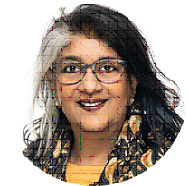 |
|
|
|
Laura Hammond,
Professor of Development Studies, School of Oriental and African
Studies, University of London, UK
Bionote:
Laura Hammond is the Professor of Development Studies, School of Oriental and African Studies, University of London, UK. Her research interests include food security, conflict, forced migration and diasporas. She is Challenge Leader for Security, Protracted Conflict, Refugees and Forced Displacement for the Global Challenges Research Fund, Head of the London International Development Centre's Migration Leadership Team, and Team Leader for the Research and Evidence Facility (Horn of Africa Window) of the European Union Trust Fund for Africa. She also is Chair of the Independent Advisory Group for Country Information. She has worked in the Horn of Africa since 1993 (with a particular emphasis on Ethiopia and Somalia/Somaliland), and has done consultancy for a wide range of development and humanitarian organizations, including UNDP, USAID, Oxfam, Medécins Sans Frontières, the International Committee of the Red Cross, and the World Food Programme. She is the author of This Place Will Become Home: Refugee Repatriation to Ethiopia (2004), co-editor with Johan Pottier and Christopher Cramer of Researching Violence in Africa: Ethical and Methodological Challenges (2011) and many book and journal articles.
|
 |
|
|
|
Charles Heller
,
Researcher and Filmmaker on the Politics of Migration
Bionote:
Charles Heller is a researcher and filmmaker whose work has a long-standing focus on the politics of migration. In 2015, he completed a PhD in Research Architecture at Goldsmiths, University of London, where he continues to be affiliated as a research fellow. He is currently based in Geneva, conducting postdoctoral research supported by the Swiss National Fund (SNF). He is also the Visiting Professor of Anthropology and Sociology at the Graduate Institute Geneva.
|
 |
|
|
|
Meghna Guhathakurta,
Executive Director of Research Initiatives,
Bangladesh (RIB)
Bionote:
Meghna Guhathakurta taught International Relations at the University of Dhaka, Bangladesh from 1984 to 2007. She is currently Executive Director of Research Initiatives, Bangladesh (RIB) , a research support organization based in Dhaka, which specializes in action research with marginalized communities. Dr. Guhathakurta graduated from the University of Dhaka and received her Ph.D from the University of York, UK in Politics. Her field of specialization has broadly been international development, gender relations and minority politics. She is well published in migration trends in Partition histories, peace-building in post conflict societies and minority rights in South Asia. She is also Associate Editor of the Action Research Journal published by Sage and the Journal of Social Studies published from the Centre for Social Studies in Dhaka.
|
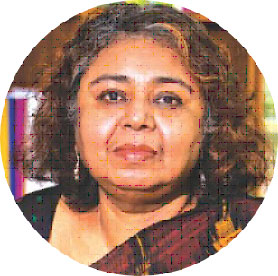 |
|
|
|
Reza Hussaini,
Research Fellow at Afghanistan Public Policy Research Organisation
Bionote:
Reza Hussaini is a research fellow at Afghanistan Public Policy Research Organisation. He has ten years’ experience working with Research and Higher Education institutions in Kabul, Afghanistan. His research areas include gender, peace processes, human rights and migration. 2015-2018, he was Research Manager at the Afghanistan Center at Kabul University, where he collaborated with City, University of London on a study of Migration Decision and Policy-Making in Afghanistan. Currently he is a member of South Asia Network on Development and Displacement.
|
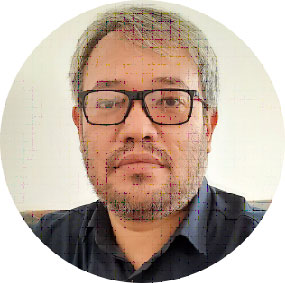 |
|
|
|
Hari Sharma,
Executive Director, Alliance for Social Dialogue/Social Science Baha, Kathmandu
Bionote:
Hari Sharma is Executive Director, Alliance for Social Dialogue/Social Science Baha, Kathmandu. He has served in the government and academia in various capacities. He has 15 years of teaching experience in various academic institutions and departments of political science, Tribhuvan University’s (TU) and Kathmandu College of Management, and Kathmandu University (KU). He has Master’s Degree in Political Science from Tribhuvan University. He was a Fulbright scholar at Cornell University, US, where he received a Master’s in Comparative Politics. He is the co-author of Political Leadership in Nepal and Local Leadership in Nepal. He has also contributed chapters to various books.
|
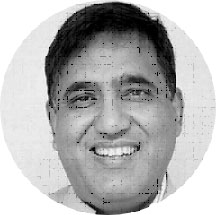 |
|
|
|
Jeevan Thigrajah,
Chairman of Center for Humanitarian Affairs, Colombo
Bionote:
Jeevan Thigrajah is the Chairman of Center for Humanitarian Affairs, Colombo. He is working since 1983 promoting multiculturalism, design of public policies and defining advisory services for policies around human security for minorities and marginalised groups, durable solutions for the end of displacement, countering root causes of violent extremism, specialist countering climate induced disasters, coordinating agencies delivering assistance, seeking compliance with standards and international best practices, convening observers and observing elections; Career working with specialists and eminent persons in the non-profit sector, government institutions and multilateral bodies and other governments; Columnist in national daily ; Resource persons at Think Tank organised events.
|
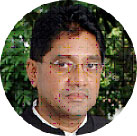 |
|
